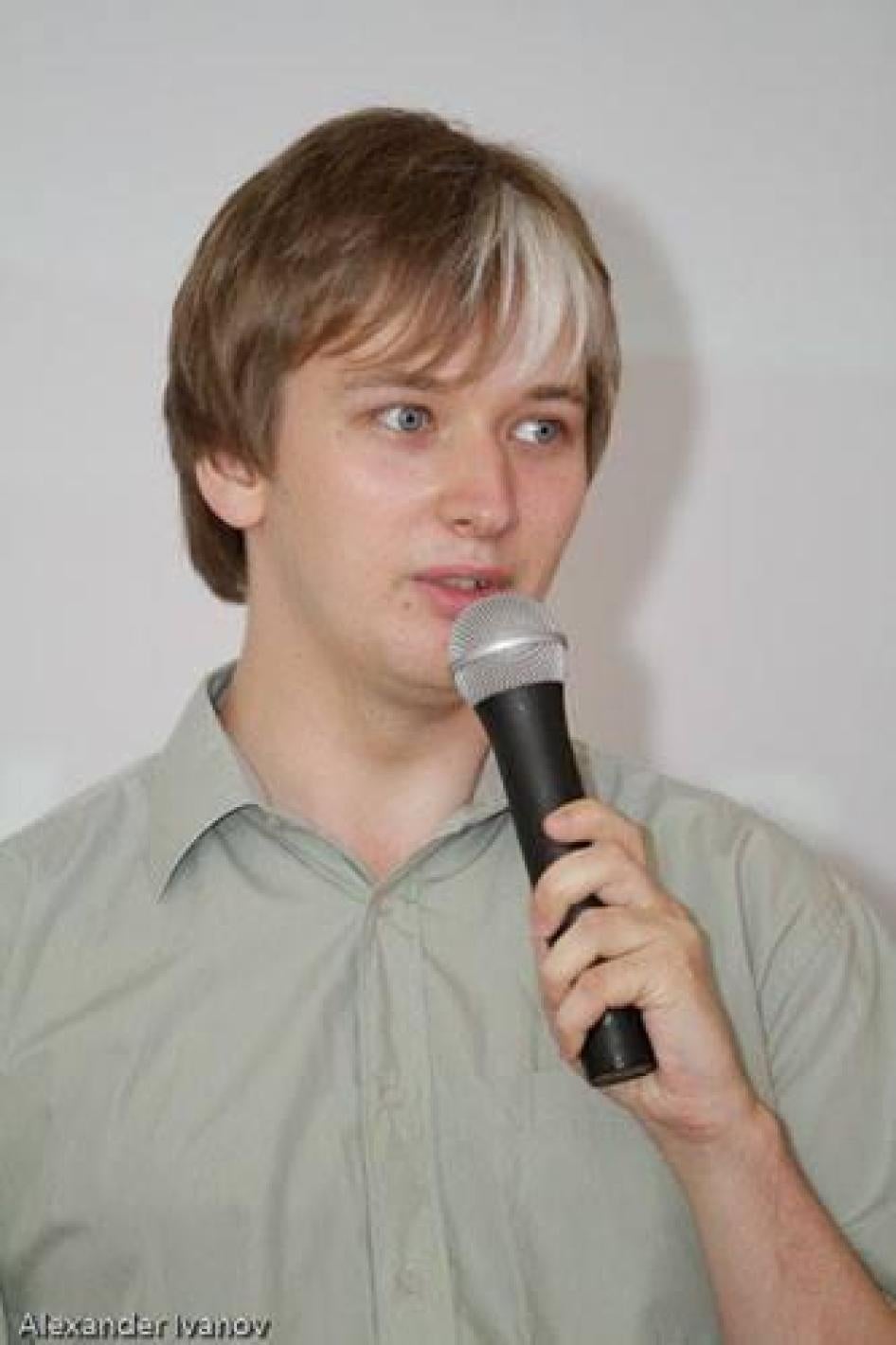(Berlin) – Lithuanian authorities have imposed a five-year ban on a Latvian human rights activist, preventing him from entering Lithuania to carry out his work, Human Rights Watch said today.
Aleksandrs Kuzmins told Human Rights Watch that he was informed of the ban on August 24, 2015, as he arrived in Klaipeda, a city on Lithuania’s coast, to take part in an international conference. Kuzmins is a board member of the Latvian Human Rights Committee (LHRC), a nongovernmental organization that works on ethnic minorities’ rights in Latvia, including such issues as their legal status and housing rights.
“Human rights defenders carry out an important role in democratic societies,” said Tanya Cooper, Europe and Central Asia researcher at Human Rights Watch. “Lithuanian authorities have no justification for their interference with Kuzmins’ legitimate human rights work.”
United Nations and European norms protect the right of human rights defenders to carry out their work, Human Rights Watch said. The Lithuanian authorities should immediately lift the ban and comply with their obligations.
Kuzmins said that as soon as he left the Klaipeda bus station on August 24, two Lithuanian migration officials approached him, asked questions about his destination and reasons for visiting Lithuania, and searched his bags. They informed Kuzmins that Lithuanian authorities had made a decision to bar him from entering the country for five years – until August 20, 2020. They told him to leave the country by the end of the day or face arrest. He left Lithuania immediately.
The migration officials handed Kuzmins a ban notice, which stated, without substantive explanation, that he was barred from entering and staying in Lithuania in accordance with part 21 of article 133 of the Law on the Legal Status of Foreigners. It states that a citizen of a European Union member country may be barred from entering “when his entry into and stay in the Republic of Lithuania may represent a threat to national security or public policy.”
Two other conference participants, a Latvian citizen and a Latvian resident, were also separately informed about an entry ban against them when they arrived.
The conference they planned to attend, Ethno-Nationalism as a Threat to Security and Stability in the World, was scheduled for August 25 and 26, with some people participating by videoconference. He said that as a result of the entry bans, the conference was shortened to one day.
Human Rights Watch believes that that the entry ban was not carried out in accordance with EU law, and in particular the EU directive on free movement of persons (2004/38/EC), which guarantees free movement for EU citizens to other EU countries.
While the directive allows for exclusions on the grounds of national security under narrow circumstances, it requires a country to provide reasons for the ban, to communicate the reasons to the person in a language the person understands, and to allow them to appeal.
Kuzmins received the entry ban notice only in Lithuanian, a language he does not speak. The notice did not cite the evidence the Lithuanian authorities had relied on to ban him, nor did it contain information about appealing the decision.
In a September 14 letter responding to a Human Rights Watch request for information about the case, the Migration Department of Lithuania’s Interior Ministry said that Kuzmins had not received a copy of the entry ban earlier because “his place of residence is unknown.”
To find out what he has done to be considered a serious threat to the national security and public policy of Lithuania, the letter said, the Migration Department requires Kuzmins to submit a mailed request and provide “a copy of the personal identification document (ID) with notary certification or its equivalent.” The government declined to comment on the grounds for Kuzmins’ entry ban, citing a domestic privacy law, and did not respond to a request for comment on the compatibility of the order with EU free movement law.
The Guidelines on the Protection of Human Rights Defenders of the Organization for the Security and Cooperation in Europe (OSCE) highlight countries’ obligations to respect freedom of movement of human rights defenders and urge officials to facilitate their legitimate human rights work within their territories.
The UN Declaration on Human Rights Defenders not only requires countries to respect and support the work of human rights defenders, but obligates the countries to take all necessary measures to ensure that everyone is protected against retribution for legitimate human rights work. The UN high commissioner for human rights, Zeid Ra’ad Al Hussein, recently warned that if countries do not uphold their duty to protect human rights activists, they “undermine national security, national prosperity and our collective progress.”
“Lithuanian authorities should lift the entry ban against Kuzmins and investigate why it was imposed,” Cooper said. “Kuzmins should be allowed to carry out his work without undue and arbitrary interference.”
Lithuania: Latvian Activist Barred From Visiting
Rights Defender Facing 5-Year Ban
Your tax deductible gift can help stop human rights violations and save lives around the world.
Region / Country
Topic
Most Viewed
-
December 16, 2015
Syria: Stories Behind Photos of Killed Detainees

-
December 16, 2015
If the Dead Could Speak

-
October 16, 2012
Death of a Dictator

-
August 29, 2024
South Korea’s Digital Sex Crime Deepfake Crisis

-
December 9, 2024
UN: Deploy New Haiti Mission to Restore Security





